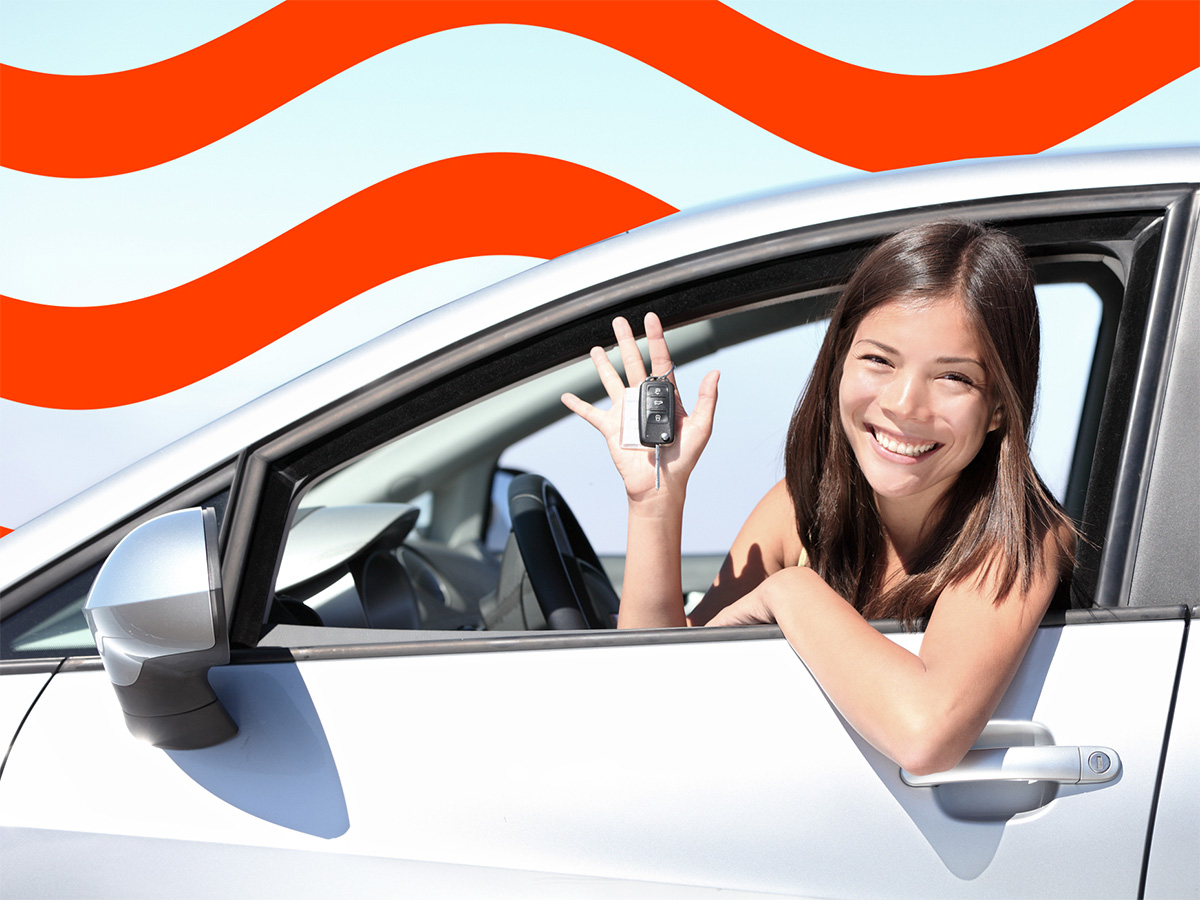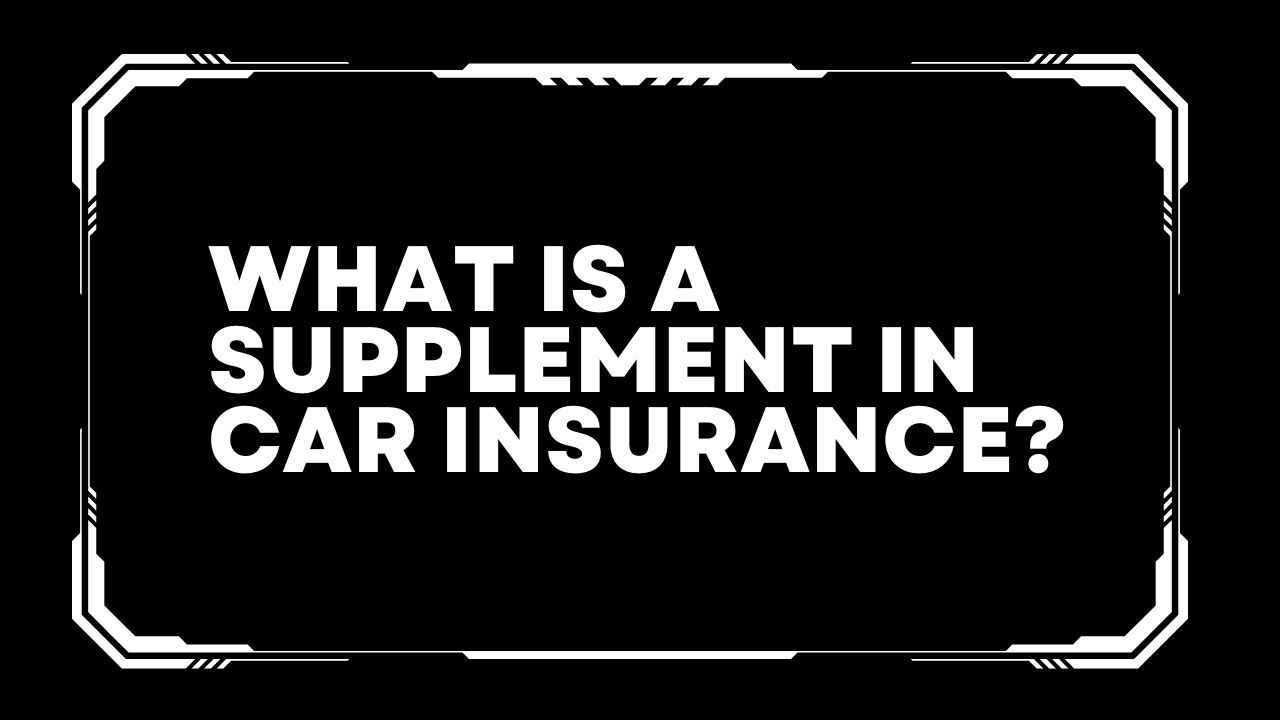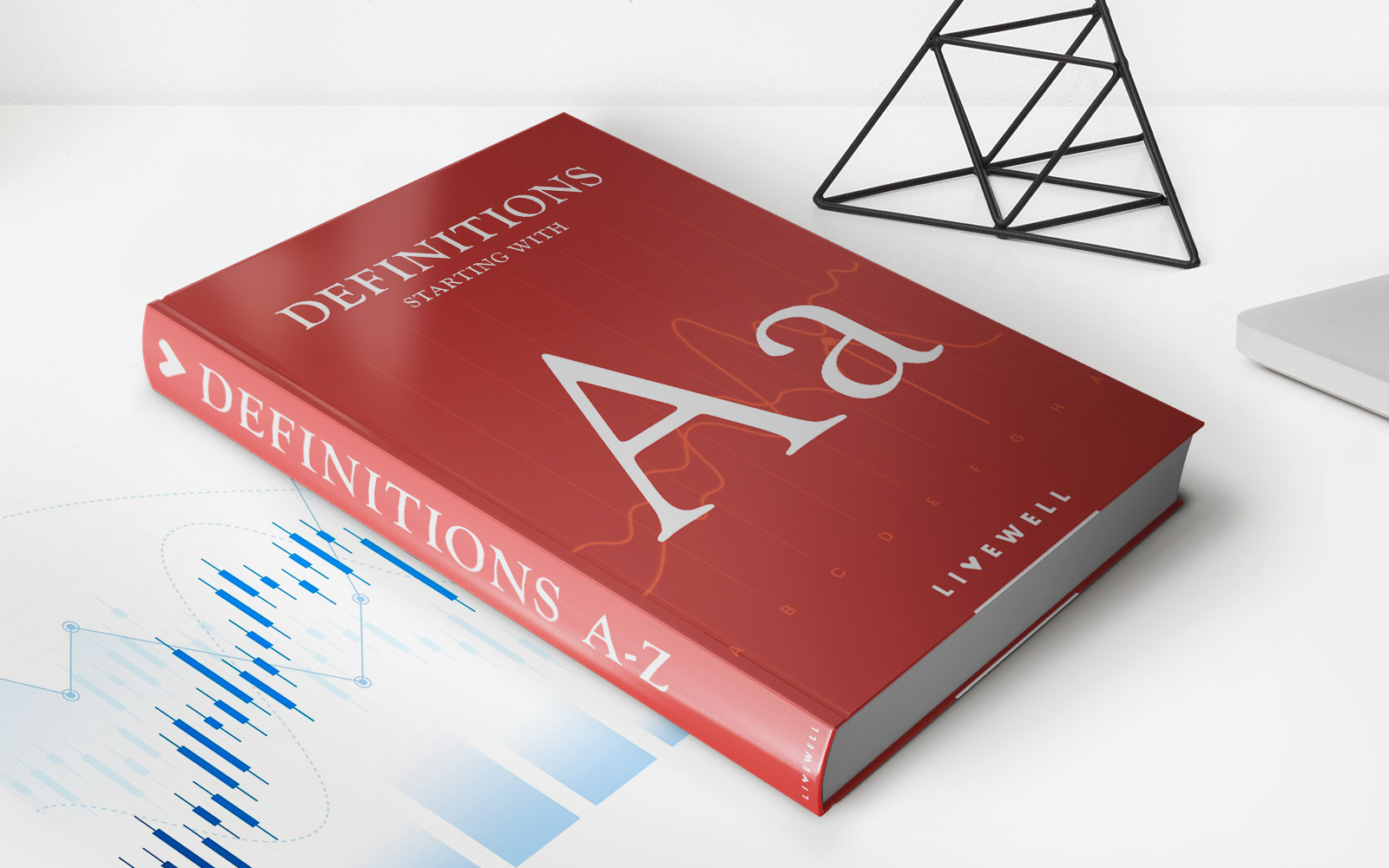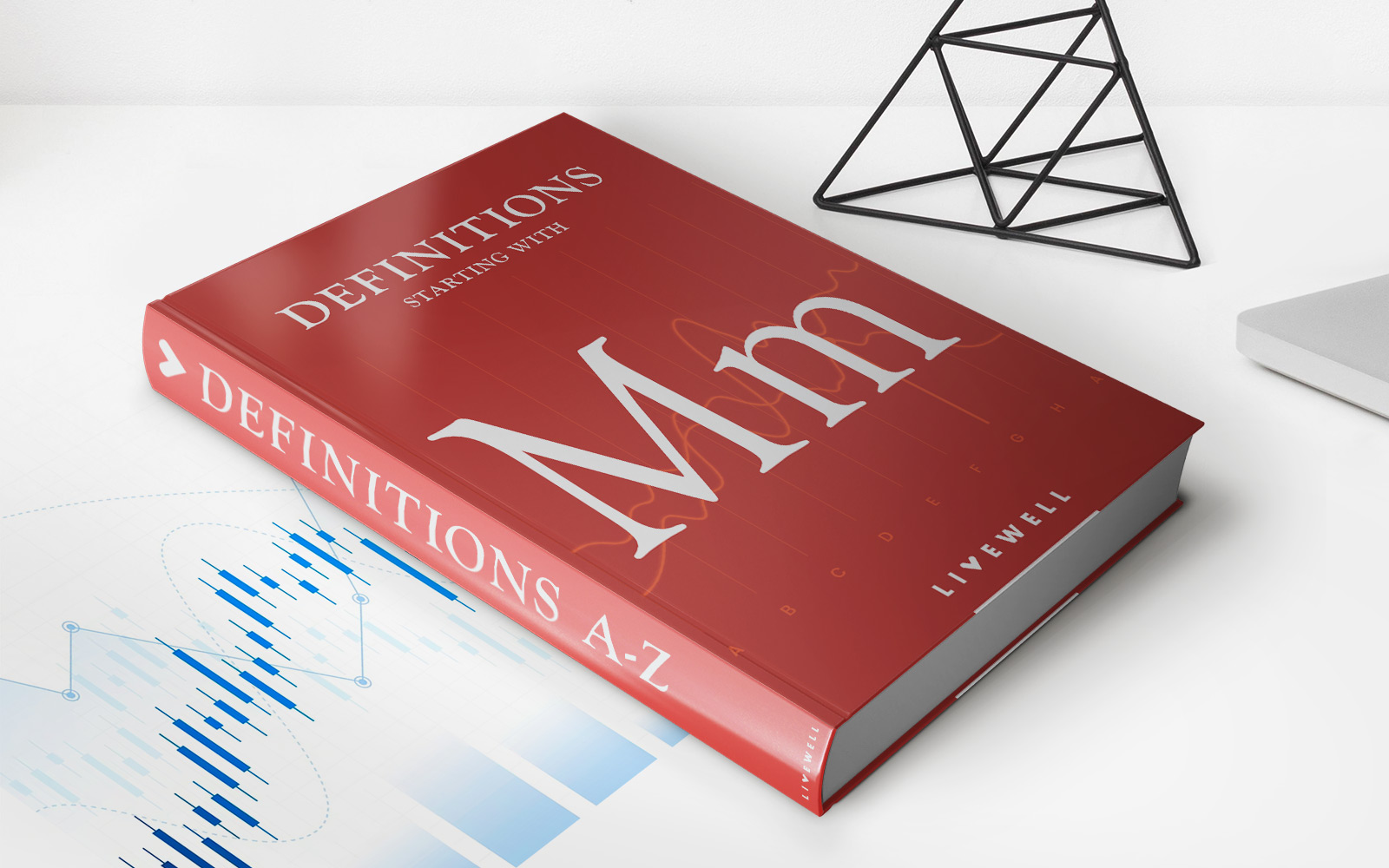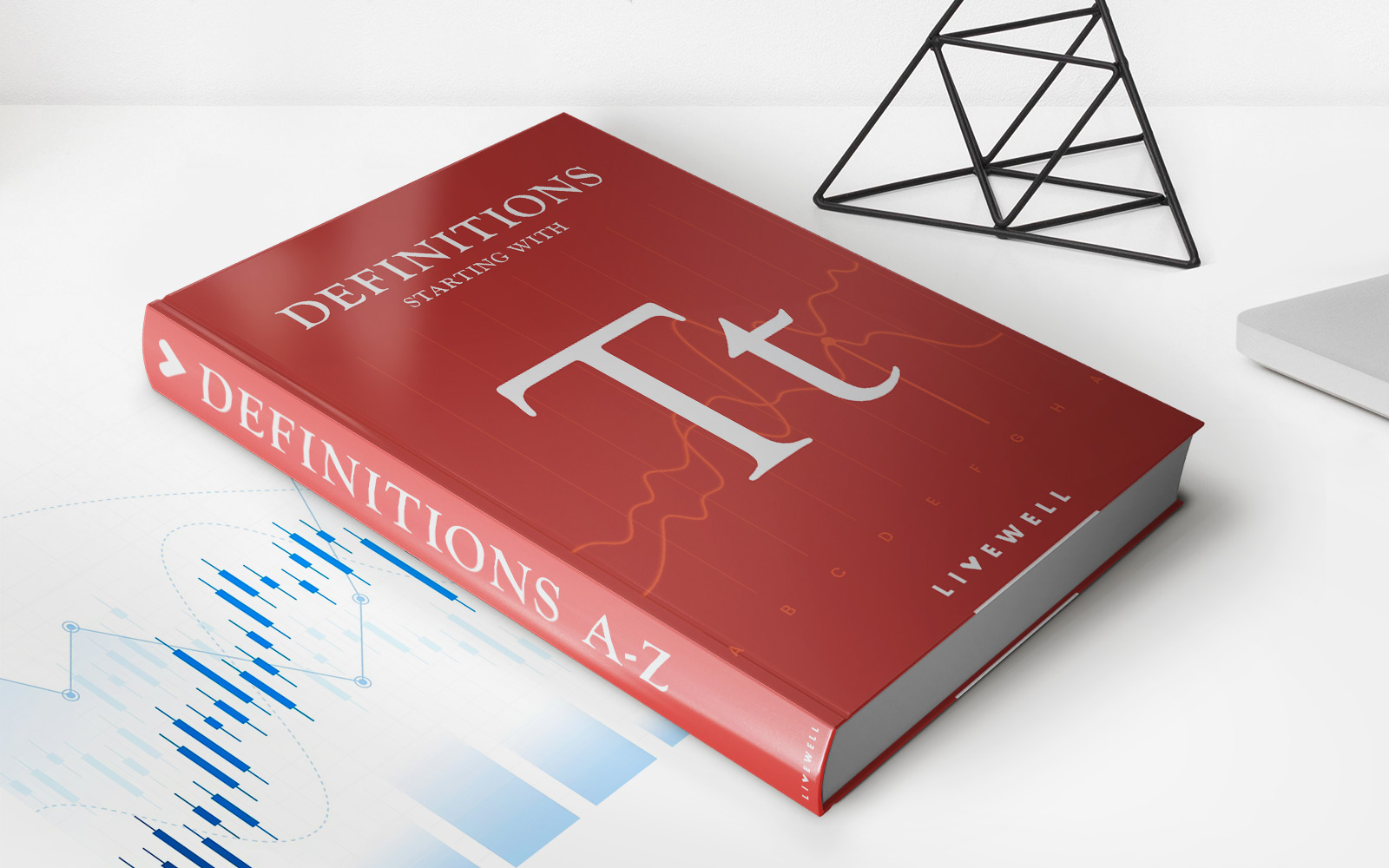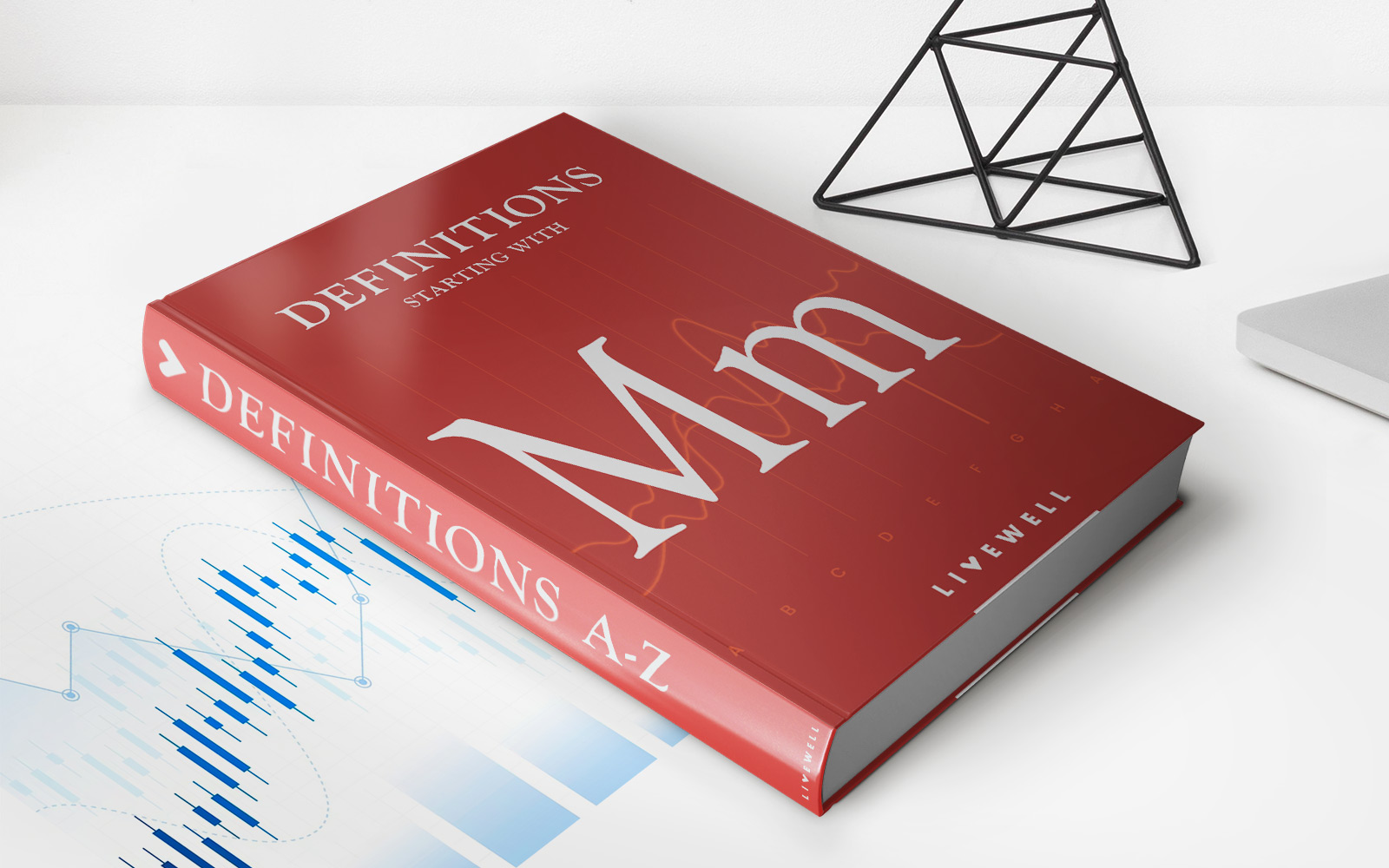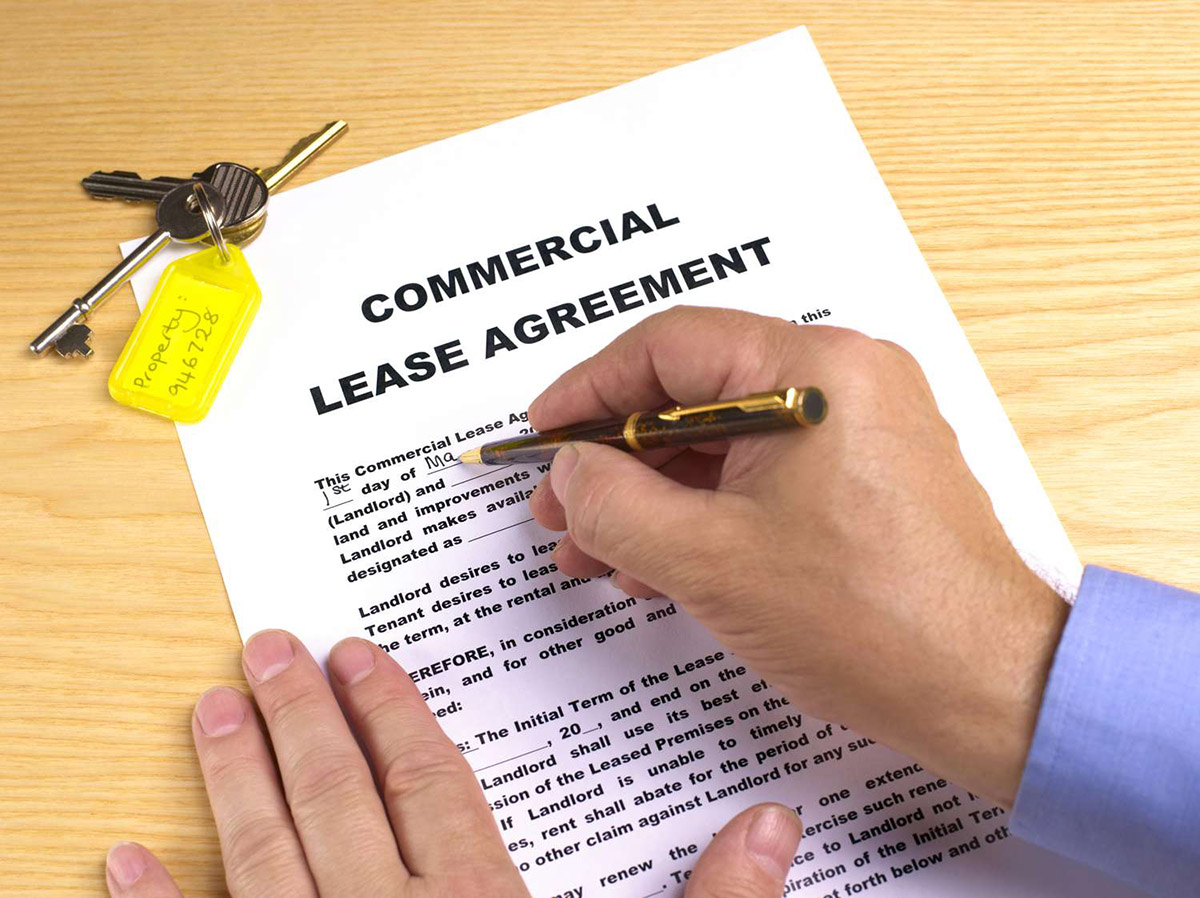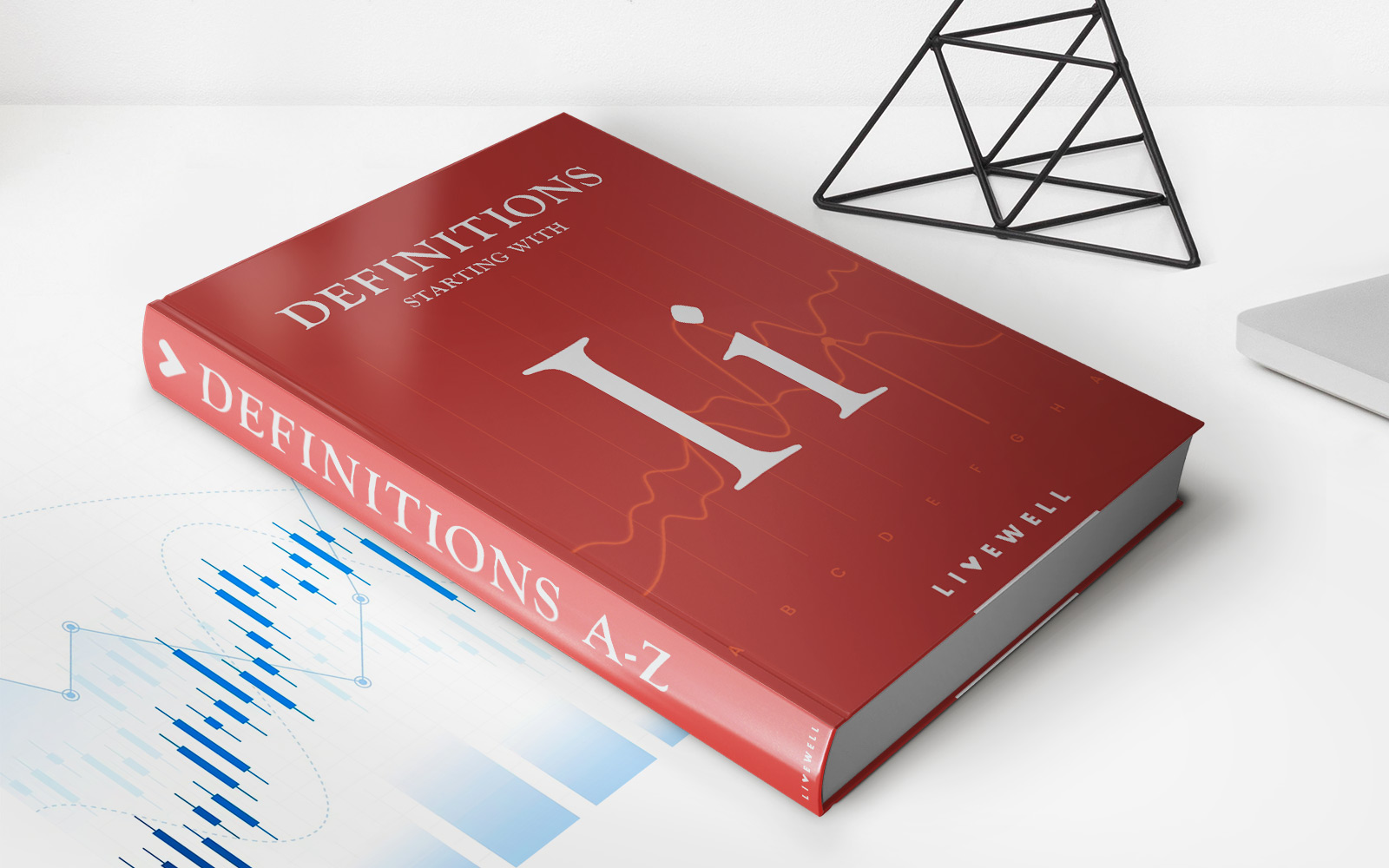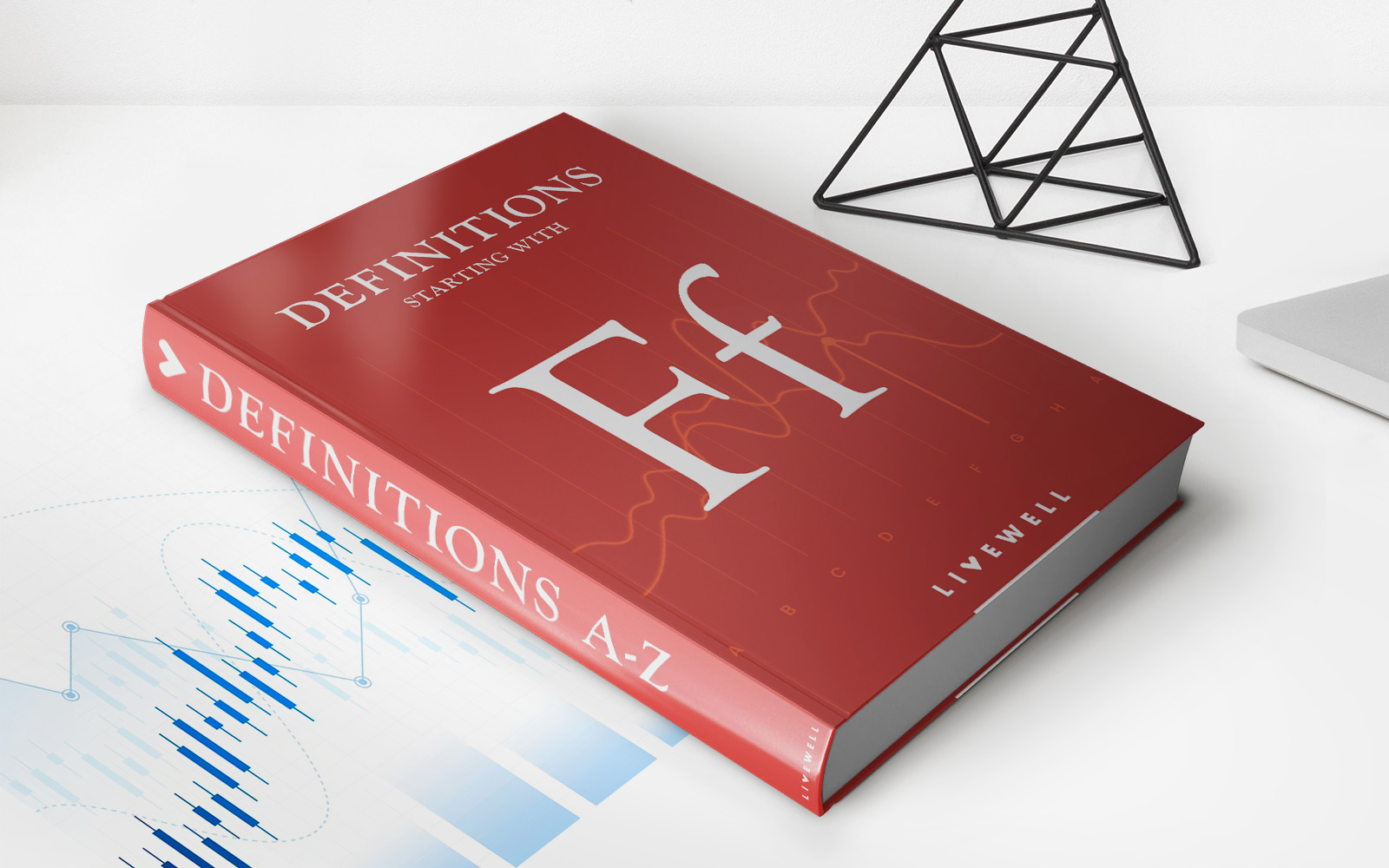Home>Finance>What Is The Average Cost Of Auto Insurance In Virginia?


Finance
What Is The Average Cost Of Auto Insurance In Virginia?
Published: November 21, 2023
Find out the average cost of auto insurance in Virginia and plan your finances accordingly. Get the best deals and save on car insurance.
(Many of the links in this article redirect to a specific reviewed product. Your purchase of these products through affiliate links helps to generate commission for LiveWell, at no extra cost. Learn more)
Table of Contents
Introduction
Auto insurance is a crucial financial protection that every driver in Virginia should consider. Accidents happen, and having the right coverage can save you from significant financial burden in the event of a car crash or theft. However, it’s important to understand the average cost of auto insurance in Virginia and the factors that can affect your premiums.
When it comes to determining auto insurance rates, each state has its own set of regulations and factors that insurers consider. In Virginia, insurance companies use a variety of factors, including your age, driving history, location, and the type of vehicle you drive, to calculate your premium. By having a clear understanding of these factors, you can make informed decisions when shopping for auto insurance.
Virginia operates under a tort system, which means that in the event of an accident, someone must be determined to be at fault, and their insurance will be responsible for covering the damages. This system influences insurance rates as it affects the likelihood of being involved in a lawsuit and the potential costs associated with it.
In this article, we will explore the factors that affect auto insurance rates in Virginia, the average cost of auto insurance in the state, coverage options and pricing, as well as provide some tips for finding affordable auto insurance. By the end, you will have a better understanding of how auto insurance works in Virginia and how to navigate the market to find the best coverage at a competitive price.
Factors Affecting Auto Insurance Rates in Virginia
When determining auto insurance rates in Virginia, insurance companies consider several key factors. Understanding these factors can help you better comprehend why your premiums may vary from others. Let’s take a closer look at the primary factors affecting auto insurance rates in Virginia:
- Driving History: One of the most influential factors in determining auto insurance rates is your driving history. Insurance companies will examine your past accidents, traffic violations, and any previous claims you have made. Drivers with a clean driving record typically qualify for lower insurance premiums.
- Age and Gender: In Virginia, age and gender can also impact your auto insurance rates. Young and inexperienced drivers, particularly teenagers, are considered high-risk and often face higher premiums. Statistics show that male drivers under 25 tend to have more accidents than their female counterparts, which can result in higher insurance costs.
- Location: Where you live in Virginia can also affect your auto insurance rates. If you reside in an area with high traffic congestion or a high rate of accidents, your premiums may be higher. Additionally, densely-populated areas typically have more incidents of theft, vandalism, and other types of vehicle damage, which can increase insurance costs.
- Type of Vehicle: The make, model, and year of your vehicle can significantly impact your insurance rates. Expensive cars, luxury vehicles, and sports cars often come with higher insurance premiums due to their higher value and potentially costly repairs.
- Credit History: In many states, including Virginia, insurance companies can take your credit history into account when determining your rates. Studies have shown a correlation between credit rating and the likelihood of filing an insurance claim, so maintaining a good credit score can help you secure more affordable insurance rates.
- Coverage Level: The type and amount of coverage you select for your auto insurance policy will directly impact your premiums. Comprehensive coverage, which includes protection against theft and damage from non-accident-related incidents, tends to be more expensive than basic liability coverage.
- Deductibles: The deductible is the amount you agree to pay out of pocket before your insurance coverage kicks in. Choosing a higher deductible can lower your insurance premiums, while opting for a lower deductible will result in higher premiums.
- Marital Status: In some cases, being married may result in lower auto insurance rates. Statistics indicate that married individuals tend to be involved in fewer accidents compared to single drivers, leading to potential premium reductions.
It’s essential to keep in mind that each insurance company weighs these factors differently, so it is beneficial to shop around and compare quotes from different insurers to find the best rates that suit your specific circumstances.
Average Cost of Auto Insurance in Virginia
The average cost of auto insurance in Virginia can vary significantly depending on various factors, including your location, driving history, age, and the coverage options you choose. According to the National Association of Insurance Commissioners (NAIC), the average annual premium for auto insurance in Virginia is around $800 to $1,000.
However, it’s important to note that this figure is just an average, and your actual premium may be higher or lower based on your personal circumstances. Rural areas and smaller towns in Virginia generally have lower insurance rates compared to larger cities where traffic congestion and the risk of accidents are higher.
Your driving record plays a significant role in determining your insurance rates. Drivers with a clean record and no previous accidents or traffic violations will generally pay lower premiums compared to those with a history of accidents or violations. Additionally, your age and gender also impact your rates. Younger drivers and male drivers under 25 often face higher premiums due to being statistically more prone to accidents.
The type of coverage you select for your auto insurance policy also affects the cost. Virginia requires drivers to carry minimum liability coverage, which includes bodily injury and property damage liability. However, many drivers choose to purchase additional coverage, such as comprehensive and collision coverage, to provide further protection for their vehicles and themselves.
Furthermore, the amount of coverage and deductibles you choose can impact your premiums. Higher coverage limits and lower deductibles typically result in higher premiums, while lower coverage limits and higher deductibles can help reduce your insurance costs.
Along with these factors, maintaining a good credit history can also impact your auto insurance rates. Insurers often consider credit scores when determining premiums, as studies have shown a correlation between creditworthiness and the likelihood of filing insurance claims. Therefore, maintaining a good credit score can help you secure more favorable rates.
It’s worth mentioning that these average costs are based on general assumptions and may not reflect your specific situation. To get an accurate estimate, it’s best to request quotes from several insurance companies and compare the rates and coverage options they offer. Additionally, take advantage of any discounts you may be eligible for, such as safe driver discounts, multi-policy discounts, or student discounts.
Remember, while it’s important to find affordable auto insurance, it’s equally crucial to ensure that the coverage meets your needs and provides adequate protection in case of an accident or theft. Take the time to carefully review your options and consult with an insurance professional to help you make an informed decision.
Coverage Options and Pricing
When it comes to auto insurance in Virginia, there are various coverage options available to suit your needs and budget. Understanding these options can help you make informed decisions and select the right coverage for your vehicle. Here are some common coverage options and factors that can affect pricing:
- Liability Coverage: Liability coverage is the minimum requirement in Virginia and helps cover the costs if you cause an accident that results in injuries or property damage to others. It includes bodily injury liability, which covers medical expenses, and property damage liability, which covers repairs to damaged property. The amount of liability coverage you choose can impact your premiums.
- Collision Coverage: Collision coverage can help pay for the damages to your vehicle in the event of an accident, regardless of who is at fault. It covers repairs or replacement costs up to the actual cash value of your vehicle. Collision coverage is optional, but it can be beneficial, especially if you have a newer or more valuable car.
- Comprehensive Coverage: Comprehensive coverage provides protection against damages to your vehicle that are not caused by an accident, such as theft, vandalism, natural disasters, or hitting an animal. Like collision coverage, comprehensive coverage is optional but can offer peace of mind, especially if you live in an area with a higher risk of these incidents.
- Uninsured/Underinsured Motorist Coverage: This coverage helps protect you if you’re involved in an accident with a driver who does not have insurance or has insufficient coverage to cover the damages. It can help cover medical expenses and property damage caused by an uninsured or underinsured driver.
- Personal Injury Protection (PIP): PIP coverage provides medical expenses, lost wages, and other related costs for you and your passengers, regardless of who is at fault in an accident. Virginia does not require PIP coverage, but it is an option you can consider to enhance your personal injury protection.
When it comes to pricing, the specific coverage options and limits you choose play a significant role in determining your premium. Naturally, the more coverage you select, the higher your premiums will be. However, it’s important to strike a balance between the coverage you need and what you can afford. Evaluating your personal risk factors, value of your vehicle, and financial situation can help you determine the appropriate coverage and limits.
Additionally, insurers use other factors to calculate premiums, including your age, driving record, credit history, and the type of vehicle you drive. Each insurer weighs these factors differently, which is why it’s essential to shop around and compare quotes from multiple insurance providers. Take advantage of any discounts you may be eligible for, such as bundling your auto insurance with other policies, having a clean driving record, or completing a defensive driving course.
Ultimately, finding the right coverage and pricing for your auto insurance requires careful consideration of your individual needs and budget. Take the time to research and seek advice from insurance professionals to ensure you are adequately protected without sacrificing affordability.
Tips for Finding Affordable Auto Insurance in Virginia
While auto insurance is a necessary expense, there are several ways to find affordable coverage in Virginia without compromising on quality or protection. Consider the following tips to help you secure the best rates for your auto insurance:
- Shop Around: Compare quotes from multiple insurance providers to get a comprehensive view of the pricing and coverage options available to you. Each insurer has its own rating factors and underwriting guidelines, so shopping around can help you find the best deal.
- Consider Different Coverage Levels: Evaluate your individual needs and the value of your vehicle to determine the appropriate coverage levels. While it’s essential to have sufficient coverage, you may be able to save money by adjusting your coverage limits or deductibles.
- Take Advantage of Discounts: Inquire about any discounts that may be available to you. Common discounts include safe driving discounts, multi-policy discounts (e.g., bundling auto and home insurance), good student discounts, and installing anti-theft devices in your vehicle.
- Maintain a Good Credit Score: Insurance companies in Virginia often consider credit scores when determining premiums. Maintaining a good credit score can help you qualify for lower rates, so be sure to monitor and improve your credit history.
- Ask About Usage-Based Insurance: Some insurers offer usage-based insurance programs that track your driving habits. By demonstrating safe driving behaviors, you may qualify for lower premiums. Check with insurance providers to see if they offer such programs.
- Consider Higher Deductibles: Choosing a higher deductible can lower your premiums. Assess your financial situation and determine what deductible you can comfortably afford in the event of a claim.
- Take Defensive Driving Courses: Completing an approved defensive driving course can not only improve your driving skills but also make you eligible for discounts on your auto insurance premiums. Check with insurers to see if they offer discounts for defensive driving courses.
- Review and Update Your Policy Annually: Your circumstances, such as changes in your driving record, vehicle, or personal situation, can impact your insurance rates. Review your policy annually and update it to ensure you have the appropriate coverage at the best possible price.
- Consider Paying in Full: If financially feasible, consider paying your premium in full rather than opting for monthly installments. Many insurance providers offer discounts for paying the annual premium upfront.
- Seek Professional Advice: Insurance can be complex, so don’t hesitate to seek advice from an insurance agent or broker. They can help you navigate the market, understand your options, and find the best coverage at an affordable price.
Remember, finding affordable auto insurance in Virginia is not just about the price. It’s also important to consider the coverage and protection that the policy offers. Be sure to review the terms, conditions, and exclusions of each policy before making a decision.
By being proactive, comparing quotes, and exploring potential discounts, you can find affordable auto insurance in Virginia that meets your needs and provides peace of mind on the road.
Conclusion
Auto insurance is a necessary investment for drivers in Virginia to protect themselves financially in the event of an accident or theft. Understanding the factors that influence auto insurance rates and knowing how to find affordable coverage is essential for every driver. By considering various factors such as driving history, age, location, and coverage options, you can navigate the auto insurance market in Virginia more effectively.
When it comes to finding affordable auto insurance in Virginia, it’s important to shop around and compare quotes from different insurance providers. By doing so, you can get a comprehensive view of the available options and find the best coverage at a competitive price.
Remember to consider the different coverage options available to you, such as liability coverage, collision coverage, comprehensive coverage, and uninsured/underinsured motorist coverage. Assessing your individual needs and the value of your vehicle can help you determine the appropriate coverage levels and deductibles.
Don’t forget to explore potential discounts that insurance companies may offer, such as safe driver discounts, multi-policy discounts, and good student discounts. Maintaining a good credit score and considering usage-based insurance programs can also help you secure more affordable rates.
Review your auto insurance policy annually and update it as needed to ensure you have the appropriate coverage at the most competitive price. Seek advice from insurance professionals to help you navigate the market and make informed decisions.
While affordability is important, it’s equally crucial to ensure that your auto insurance policy provides adequate protection. Balance your budget with the coverage you need to safeguard yourself and your vehicle from potential financial burdens.
With the right approach and understanding of the auto insurance landscape in Virginia, you can find affordable coverage that meets your needs and gives you peace of mind on the road.

